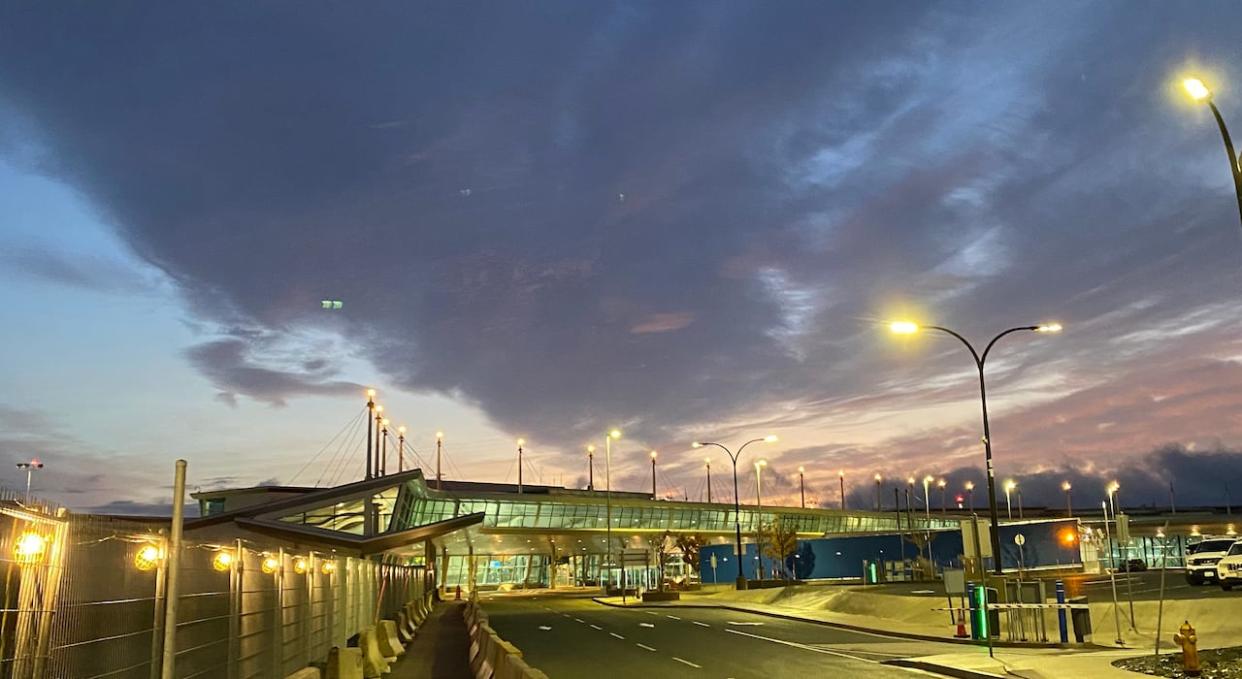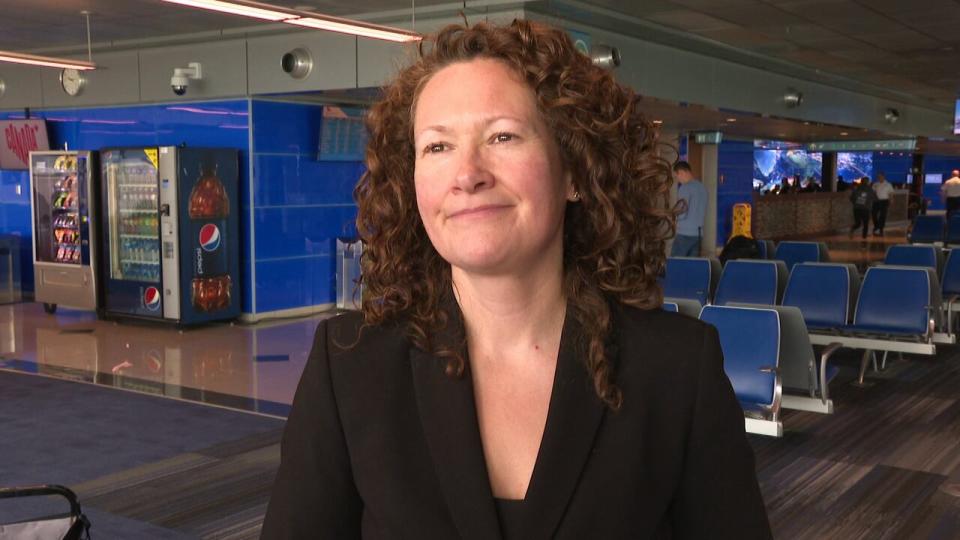High fees pose a barrier to new airlines touching down in N.L., says industry analyst


St. John's International Airport currently charges the highest airport improvement fee in the Atlantic region and the second highest in the country. (Submitted by Gina Walsh)
The Newfoundland and Labrador government and the airport authority in St. John's have been trying to attract new airlines and new routes, but an aviation industry analyst says higher airport fees might be holding some carriers back from entering the local market.
Compared to airports across Atlantic Canada, St. John's International Airport has the highest airport improvement fees — known in the industry as AIF — with a charge of $42. By contrast, Charlottetown is charging $20 and Halifax charges $35.
When looking across country, only Prince Rupert, B.C., charges more than the St. John's in airport improvement fees.
John Gradek, an industry analyst and co-ordinator of the aviation management program at McGill University, said that an airport improvement fee can account for a big difference in ticket prices.

John Gradek, an aviation expert with McGill University, says higher airport improvement fees can act as a deterrent to airlines entering markets. (Jacques Poitras/CBC)
"Flair has been flying $19 fares from Abbotsford to Kelowna and, you know, $29 fares to Calgary. Out of St. John's, you can't do that," Gradek told CBC News.
"Basically, before you even start charging the passengers for a flight you've already got [a] high AIF already in place."
Low-cost carrier Flair recently introduced two new routes out of St. John's. It has been servicing places like Halifax, Charlottetown and Saint John, N.B., for the past three years.
Chief commercial officer Garth Lund said one of the reasons it took so long for Flair to introduce flights from N.L. was due to high airport improvement fees charged in St. John's.
"It is absolutely a factor when we are making our route decisions. I think we probably would have served the St. John's market sooner, if those fees had been lower," said Lund.
"But we've got a good partnership going now with the St. John's airport and we're looking to continue growing here."
Gradek said low-cost carriers like Flair want to keep fares low and any changes to fees, including airport improvement fees, can influence what markets they enter.
"They considered that to be kind of a barrier to entry."
If a round-trip Flair Airline ticket from St. John's to Kitchener-Waterloo costs $134, the airline takes $41, while the St. John's International Airport collects $42 in airport improvement fees, the Waterloo airport gets $15 and the remaining $36 going to taxes and security fees.
Airport defends higher fee
Lisa Bragg, the director of business development and marketing for St. John's International Airport, said those higher fees are in place because the authority has costs that need to be covered.

Lisa Bragg, Director of Business Development and Marketing at St. John’s International Airport, says the higher fees are due to logistical issues N.L. faces. (CBC)
"We're an island and that kind of changes the game a little bit. And not only are we an island, we're an island with a winter season," she said.
"So in terms of operations we have some extra layers there. And that's the reason why we have a difference in fees than some other airports."
According to the airport authority's website, improvement fees can only be used for capital expenses and not to cover operational costs.
The airport says in the last 25 years it has spent more than $300 million on upgrades, like a recent terminal building expansion as well as expanded rental car parking.
Gradek said that airport improvement fees are generally going to go up.
"I think once you start down that path, down that AIF path, it's like a drug. You keep getting it because you can get it. And if you can raise the price, you can, and you will," he said.
Download our free CBC News app to sign up for push alerts for CBC Newfoundland and Labrador. Click here to visit our landing page

